VICTORIA FALLS – In March 2022, the Batoka Hospitality Group will unveil the beautifully-refurbished Batoka Zambezi Sands River Lodge on the banks of the Zambezi River, the first major milestone on the ecotourism group’s journey to empower local communities and boost the African tourism market.
Located in the western part of the Zambezi National Park and only an hour’s drive from the world-famous Victoria Falls, the Batoka Zambezi Sands River Lodge offers guests the chance to luxuriate in the glorious African bush where they can take in the exquisite waters of the mighty Zambezi or marvel at elephant, buffalo, lion, hippo and abundant birdlife.
Having previously partnered with Imvelo Safari Lodges, in 2020 Batoka Hospitality acquired 100 percent ownership of the former Zambezi Sands River Camp and its sister attraction, the Gorges Lodge.
The move has paved the way for the company’s spirited executive director, Vimbai Masiyiwa, to execute her vision for creating uniquely-African luxury destinations that are deeply connected to their communities.
As a daughter of Strive Masiyiwa, the Zimbabwean philanthropist and founder of technology giant Econet Global, Masiyiwa is determined to follow in her father’s footsteps by empowering Africans through sustainable projects that will provide partnership and employment opportunities for generations to come.
She is driven to grow the hospitality sector for Africans, by Africans.
Particularly in light of the economic hardships brought on by the Covid-19 pandemic, Masiyiwa is aiming to rejuvenate the African sector by appealing to African tourists from countries like Kenya, South Africa, Rwanda and Tanzania – all the while improving the lives of the local Zimbabwean community.
“We put people first – the people in our communities, the people in our teams, and our guests. We choose to learn from each other and consistently look for a better way to do what we do. We create opportunities for our societies to thrive,” Masiyiwa says.
The five-star Batoka Zambezi Sands River Lodge that will welcome its first guests in March is the picture of luxury in an African setting.
The 11 suites have been reconceptualised by contemporary furniture and décor firm The Private House Company, under the astute eye of renowned South African interior designer Yvonne O’Brien.
Known for creating rooms that are understated, personal and quietly refined, the Private House Company boasts an incredible portfolio, having designed and furnished luxury lodges at Londolozi, Lapalala and Simbithi, as well as high-end homes and residences in Steyn City, Hyde Park, Dainfern and Clifton in South Africa.
The natural materials and tones O’Brien and her team have brought to the Batoka Zambezi Sands River Lodge blend seamlessly into the Victoria Falls landscape, where breath taking vistas greet guests from every suite.
The 24-bed lodge comprises 10 standard suites, each with a private plunge pool and spectacular views of the Zambezi River.
Later in 2022, a two-bedroom suite, complete with private swimming pool, lounge and dining room and deck for those desiring more privacy and opulent “home away from home” experience will be added to the lodge’s offering.
Rest and relaxation, pampering and health are high on the agenda, and accordingly a spa and fitness centre facilities are included among the amenities on offer.
Ghanaian brand R&R Luxury has also partnered with the group to provide items like toiletries in each of the suites.
A big part of Batoka Hospitality’s vision is sustainability, not only for local communities, but the environment as well.
Masiyiwa and her team have gone to great lengths to instill a culture of knowledge and responsibility for the land, and have emphasised the importance of preserving Victoria Falls’ fauna and flora.
Equally, they have made sure to extol the virtues of local customs and traditions.
Over and above her role as director, Masiyiwa is a mental health activist who has spent a lot of time seeking to understand human suffering and initiating programmes for people to bring change to their lives.
It is something that is close to her heart, and these values are reflected in Batoka Hospitality’s offerings.
“Our vision is to become a leading luxury safari company on the African continent, but we also want to create opportunities for economic growth in the communities we build in.
“We are empowering the African dream of success through ecotourism and hospitality,” she says.
“As much as we enrich the lives of our guests through a truly authentic African experience, we are building self-sustaining communities across Africa through our brand.”
Later in 2022, Batoka will unveil its second major project of the year, the four-star Batoka Gorges and Little Lodge.
The 30-bed lodge comprises 10 tented suites and five stone chalets overlooking one of Zimbabwe’s most captivating attractions, the Batoka Gorge
This offering, which is targeting the younger adventure traveller, will boast many of the same amenities found at the Batoka Zambezi Sands River Lodge, and once again, be imbued with the African spirit of caring, hospitality and hope.
“For us, it’s all about becoming completely immersed in the local culture,” Masiyiwa says. – Construction Review Online

 Slider3 years ago
Slider3 years ago
 National4 years ago
National4 years ago
 Special reports4 years ago
Special reports4 years ago
 Opinion4 years ago
Opinion4 years ago
 National4 years ago
National4 years ago
 National3 years ago
National3 years ago
 National3 years ago
National3 years ago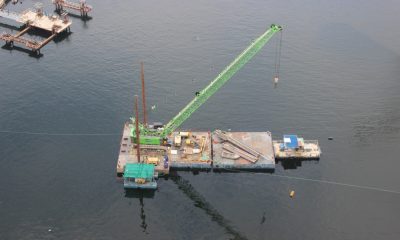
 National1 year ago
National1 year ago

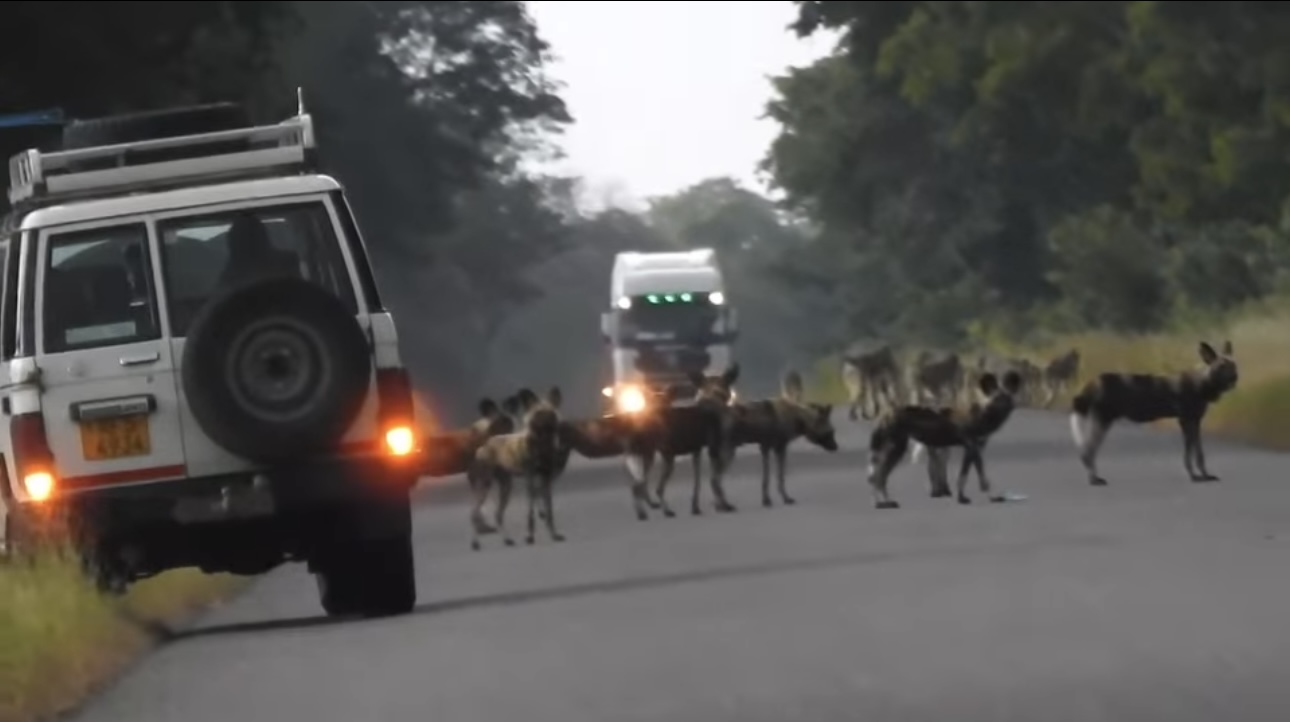


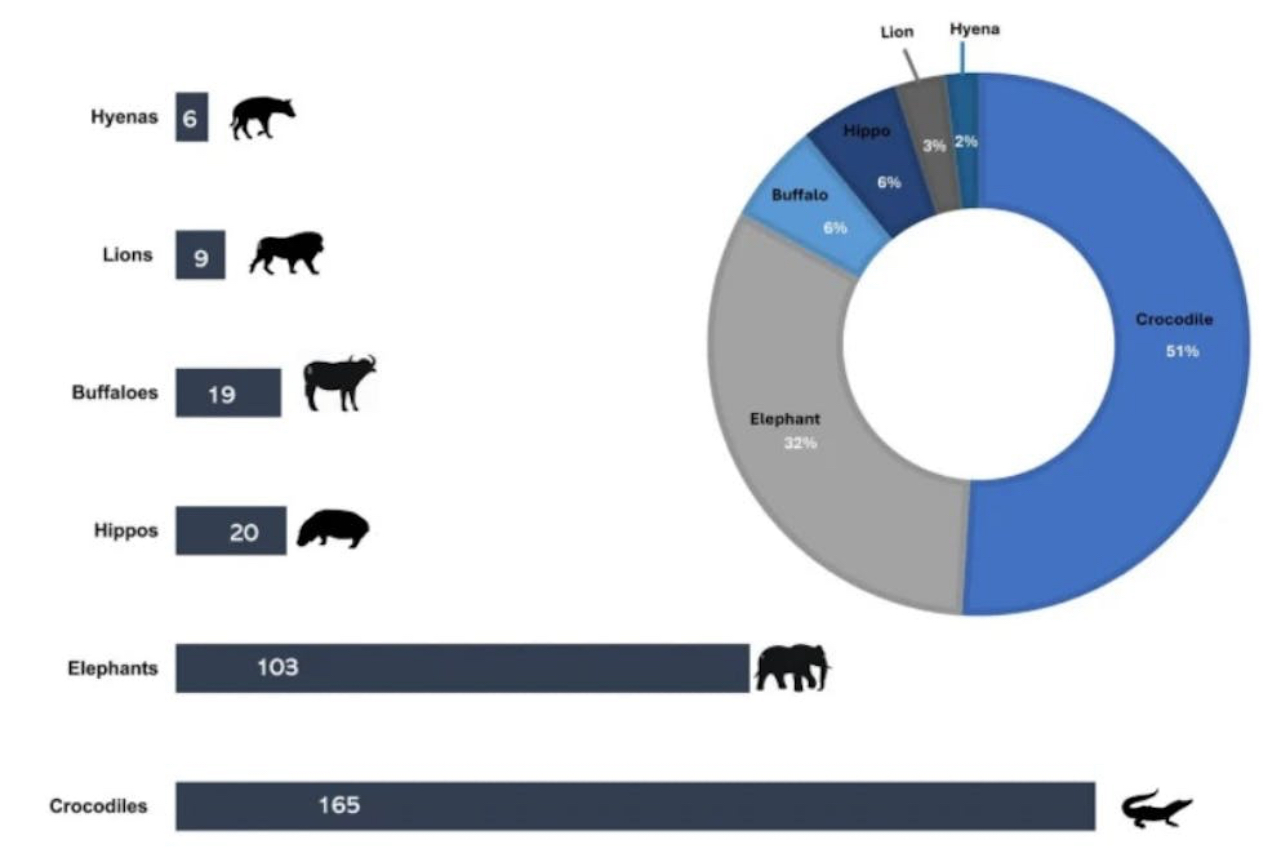
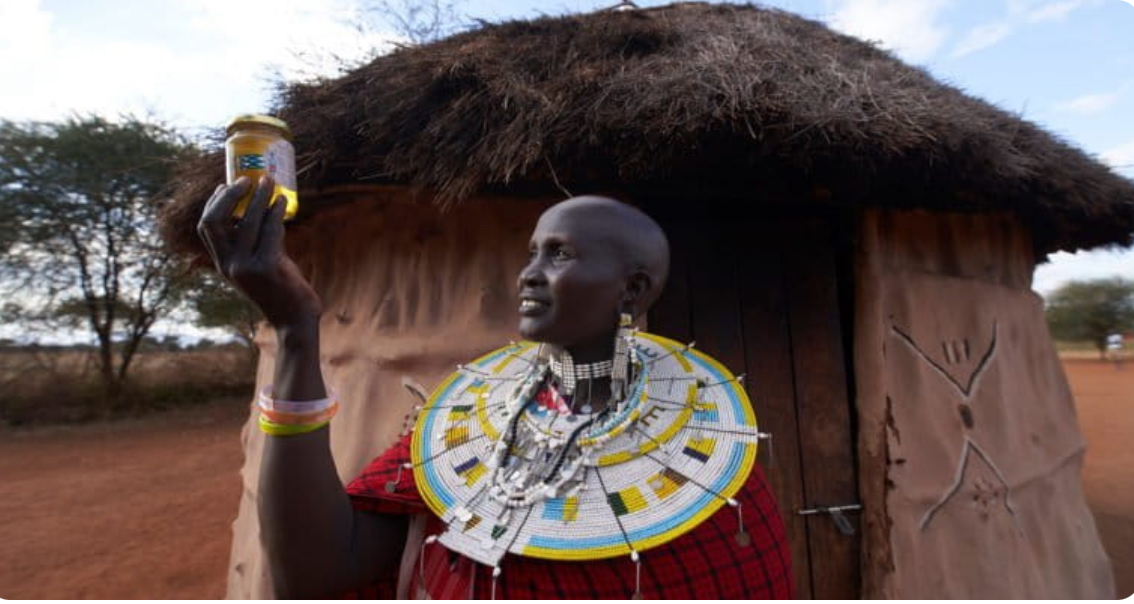

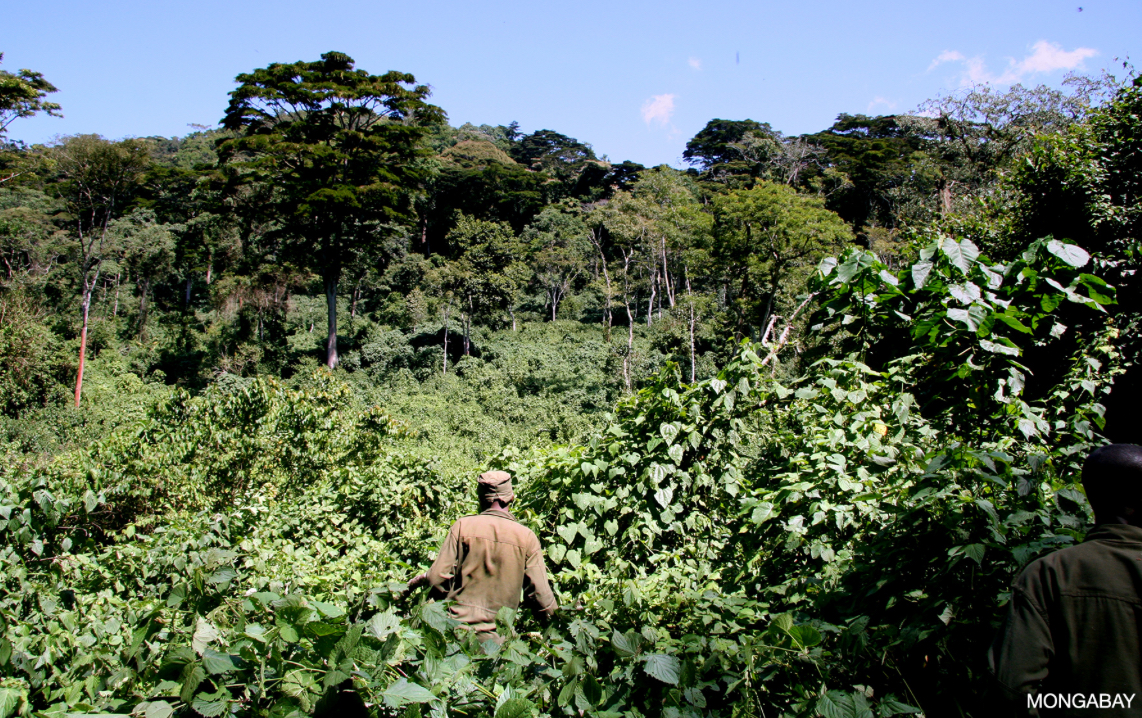 The paper pays particular attention to the current push to expand protected areas to cover 30% of the planet by 2030. In principle, the authors argue, this target could support more pluralistic forms of conservation, including Indigenous-managed territories and community conservancies. In practice, they warn, countries lacking legal mechanisms to recognize customary land rights may default to state-led models that repeat earlier injustices. Conservation success, measured narrowly through ecological indicators, can come at high social cost when human rights are treated as secondary concerns.
The paper pays particular attention to the current push to expand protected areas to cover 30% of the planet by 2030. In principle, the authors argue, this target could support more pluralistic forms of conservation, including Indigenous-managed territories and community conservancies. In practice, they warn, countries lacking legal mechanisms to recognize customary land rights may default to state-led models that repeat earlier injustices. Conservation success, measured narrowly through ecological indicators, can come at high social cost when human rights are treated as secondary concerns.